In present age, strategic scalability is the enduring pillar for ongoing growth and flexibility for businesses in the dynamic business landscape. With technology evolving at an unprecedented pace, businesses are presented with both challenges and opportunities. Utilizing technologically focused features may largely affect the company’s scaling ability and, thus, bring its great results. Below are 5 key technological factors that business owners need to take into account in order to have smart strategies for scaling their businesses.
Cloud Computing: Empowering Scalability
Cloud computing has turned the way businesses work as well as perform totally into the other lane by providing great scalable and flexible alternatives. Through the migration of their infrastructures to cloud-based platforms, organizations can reach unlimited scales and freely tune the computing resources needed as the population dynamic changes. Businesses can optimize their online presence and scalability by securing a pknic domain, ensuring seamless accessibility and robust performance for their digital infrastructure. The cloud computing offers the opportunity for businesses to scale their operations flawlessly, which means they can freely grow or minimize them.
Big Data Analytics: Driving Informed Decision-Making
The age of big data is here! Capitalizing machine learning techniques will result in access to large volumes of information which in turn will explain the probability of amplified strategic scaling. One of the most effective ways by which organizations can successfully utilize big data in marketing is using advanced analytics tools and techniques to detect actual consumer interests, market trends and emerging opportunities with time and place accuracies. It can be either business startups deal with consumer segments, trend detection, or demand predictions. When they apply big data analytics in their operations, it can provide companies with the skill to scale their operation strategies.
Internet of Things (IoT): Transforming Business Operations
The Internet of Things (IoT) has driven through the barriers of traditional business strategies and change the way of scale. Through linking devices and sensors the internet of things (IoT) technology makes possible the gathering, evaluation and decision-making about different data sources in real time across a variety of industries. From supply chain management and logistics to manufacturing and retail, IoT solutions offer unprecedented visibility and control over business operations.
Artificial Intelligence (AI) and Automation: Augmenting Scalability
In the last decades, artificial intelligence, and automation technologies reshaped how companies work by assisting the scaling and enhancing the operations in many areas. Cognitive technology as well as cognitive computing are the perfect tool for empowering organizations to handle the mundane, repetitive tasks and improve the decision-making processes and workflow arrangements. Thus, through the application of AI-driven chatbots, the ability of business to provide the customer with the personalized experiences, automatic and real-time resolving of customer queries, and scaling of customer care services is ensured.
Cybersecurity: Safeguarding Scalable Growth
Amongst the options chosen as part of the digital transformation journey, cybersecurity turns into an important facet by which the strategic scaling of companies and their resilience can be ensured. As information technology continues to advance with attack methodologies getting more complex and clever, protecting intellectual property and sensitive data from cyber criminals is now a key factor for productivity and business continuity. Businesses must prioritize cybersecurity measures to safeguard their scalable growth, ensuring that sensitive data remains protected from cyber threats, even when utilizing free domain name for online presence. First and foremost remedy is investment in employee training and awareness programs which in turn can enhance human firewall and thereby significantly reduce the risk of insider threats.
All in all, businesses may strategize their scalability, by means of embracing the opportunities that technological substitutions offer. By embracing the cloud computing, big data analytics, Internet of things, AI, automation, and cybersecurity, organizations can unlock new chances via those channels, also can reduce risks. Nevertheless scalability might combine the joining efforts of technological development, organizational flexibility and customer-oriented approach. Such technological aspects need to be placed at the beginning and then combined with current success strategies so that businesses can operate effectively in the digital world.
Also Read
- How To Delete Xbox Account?
- Why Is My Xbox Controller Blinking?
- 10 Best Gaming Laptops for All Types of Gamers


